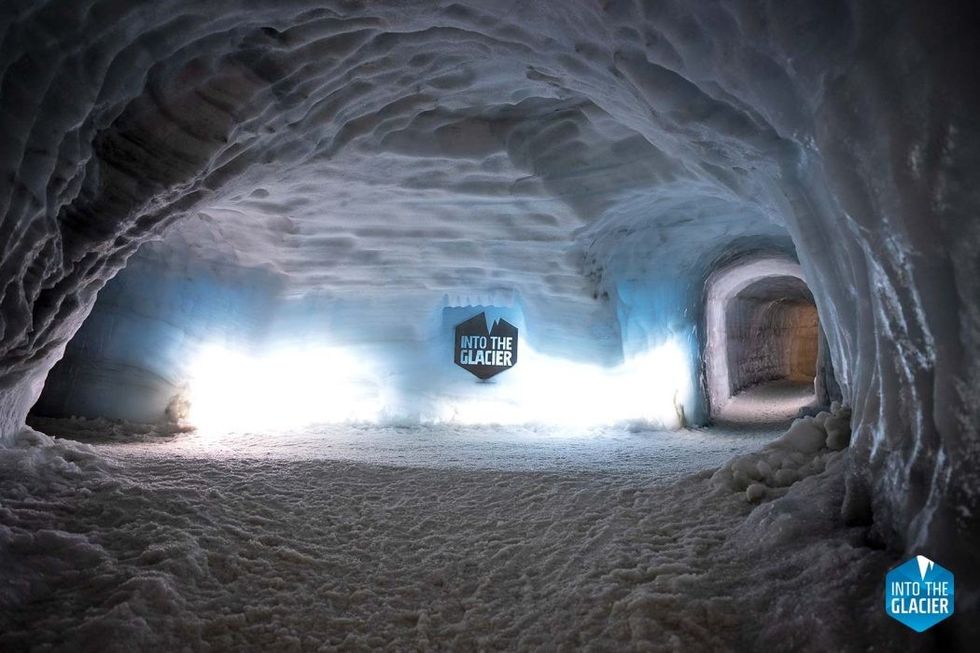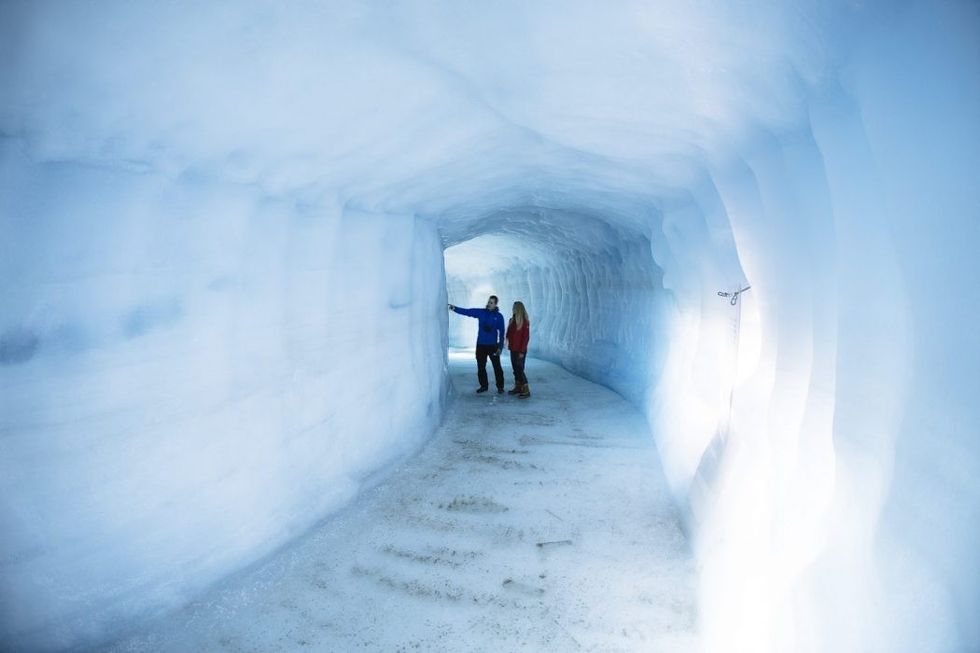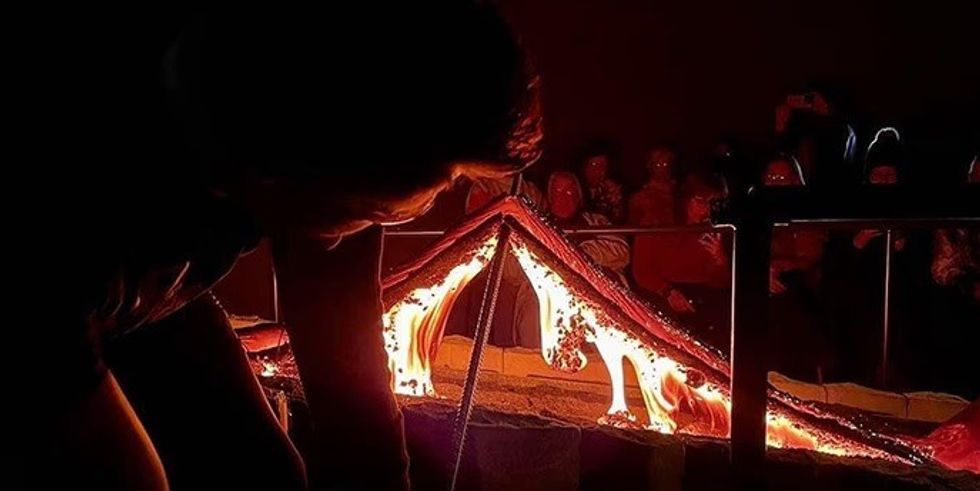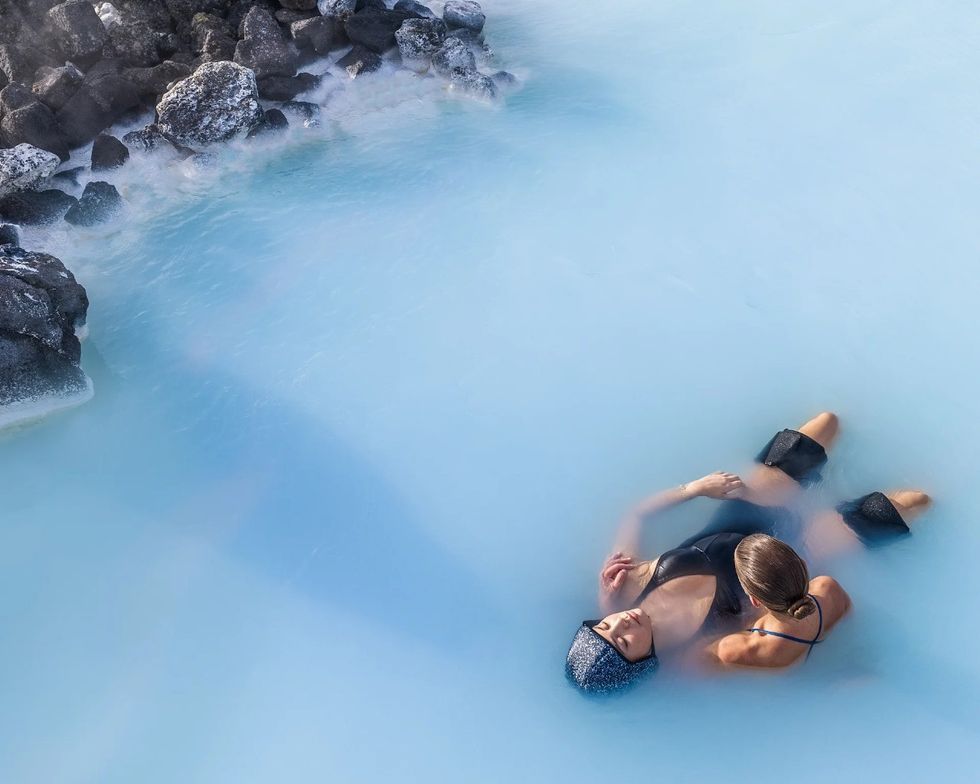THE Covid-19 death toll from Britain's hospitals neared 20,000 on Friday (24) as the government faced calls for greater transparency for its exit strategy from stringent social distancing measures.
The health ministry said 684 more people had died in the 24-hour period to 1600 GMT on Thursday, taking the number of deaths for Covid-19 in hospital to 19,506.
The figure is more than the 616 reported the previous day and comes after the government claimed the virus had hit its peak and was trending downwards.
But it is still one of the worst-hit countries in the world, and there are fears the true figures could be higher when deaths in the community are taken into account.
Britain has been under lockdown for a month, with businesses shut and people ordered to stay in their homes except to buy essential goods and medicine or to take daily exercise.
A review of the restrictions is due on May 7 but the government is coming under pressure to reveal its plans for lifting the measures.
Ministers are also facing criticism about the extent of testing and calls to urgently plug gaps in the supply of protective equipment for health and social care workers.
Health Secretary Matt Hancock on Thursday had detailed expanded community testing for the virus in the coming weeks but said it would depend on lower rates of transmission of the virus.
Meanwhile, a new website to offer testing for up to 10 million key workers and their families was overwhelmed on Friday, the government said.
"Within two minutes of the portal opening this morning, 5,000 testing kits had been ordered," Prime Minister Boris Johnson's official spokesman told reporters.
"And that's the available capacity for today."
Up to 18,000 home testing kits per day will be available by the end of next week.
Hancock has set a target of 100,000 tests a day by the end of April, while contact tracing -- abandoned as the outbreak took hold rapidly in the UK -- will be restarted to give a more complete picture of the virus' spread.
Plasma trials
The UK is to start trials to see whether plasma collected from donors who have recovered from Covid-19 could be an effective treatment for patients who are severely unwell with the disease.
Up to 5,000 severely ill patients with Covid-19 could soon be treated each week with plasma as part of a new approach to treating the virus, the health department said on Saturday.
Plasma from recovered Covid-19 patients can be transfused to patients who are struggling to produce their own antibodies against the virus.
So-called convalescent plasma was used as an effective treatment during the 2002 to 2004 SARS outbreak, the health department said.
In parallel with the national randomised clinical trial, the government is scaling up the national programme for collecting plasma so the treatment can be widely rolled out if it is shown to be effective, the department said.
The collection of plasma would be ramped up over April and May to deliver up to 10,000 units of plasma to the National Health Service (NHS) every week, enough to treat 5,000 Covid-19 patients per week.
"I have every hope this treatment will be a major milestone in our fight against this disease," said health minister Matt Hancock.
Professor Jonathan Van-Tam, Deputy Chief Medical Officer said: “The UK is leading the world’s largest trials to find a treatment for Covid-19, with over 7,000 people so far involved testing a range of medicines; we hope to add convalescent plasma to this list shortly."
He added:“Convalescent plasma has been used as an effective treatment for emerging infections in the past, and this step forward underpins our science-backed approach to fighting this virus.”
The NHS will contact people in England who have recovered from Covid-19 and could be possible donors.
Blood is taken from one arm and circulated through a machine that separates out the plasma, and then returned to the donor. The process takes about 45 minutes and provides two units of plasma per donation, which can also be frozen and stored ahead for any future need.

























